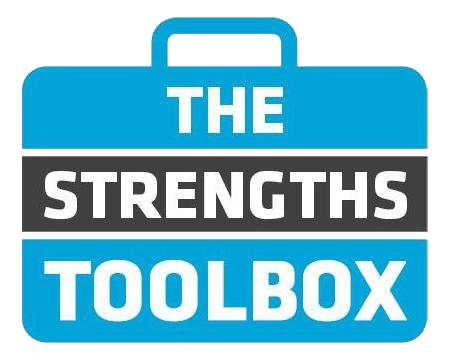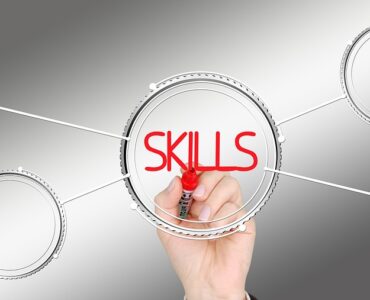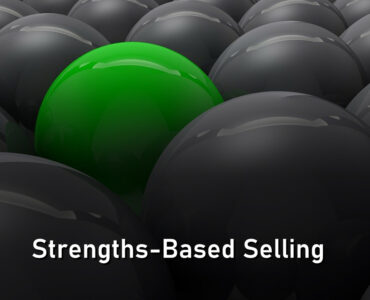
One Saturday morning I was looking after my granddaughter, Jayda, aged 15 months at the time. We happened to be standing outside a shopping mall nearby a taxi rank. Jayda was somewhat disinterested in the surroundings, and I was trying to keep her entertained with those funny noises us adults make when trying to amuse babies, when a midget disembarked from a taxi and walked past us in her Pick n Pay uniform on her way to her work. I never noticed her (perhaps due to her being so short), but what I did notice was that Jayda was suddenly very disinterested in me and wanted to get down out of my arms. Only when I placed her on the ground and she ran for the midget did I notice her.
What immediately struck me was how a small person much closer to Jayda’s size dramatically caught her attention, when the dozens of adults who had been walking past us had no interest for her. Since that time I have often observed how Jayda’s attention is quickly drawn to other small persons, usually little kids or babies. Obviously, she relates to others who are more her size. At the same time, we adults mostly tend not to notice “little people”. I started contemplating whether there is a lesson here for us.
If we think about it, we are often guilty of overlooking people who are supposedly less educated than us, or people who perform so-called mundane tasks, such as a janitor, security guard, petrol attendant, cleaner, receptionist, store clerk, and so forth. If we are honest with ourselves, the reason why we mostly tend not to “notice” these people probably boils down to our attitude about others in relation to ourselves.
Are we perhaps guilty of feeling more prominent than other “classes” of people? Do we harbor inner negative feelings towards individuals based on them being part of a certain group? The more we consider the evidence, the more apparent it is that class distinctions are a predominant feature of society. Do such class distinctions benefit society as a whole? No, rather they result in envy, hatred, heartache, and even bloodshed.
Would this world not be a better place if all of us practiced equality in our own dealings with people we come into contact with daily? I will never forget an expression I heard once (I don’t recall who said these words, but the impact of these words have never left me): “Always remember that no matter who you see, even a poor beggar on the street, that you are looking at a human being made up of a ‘bundle of feelings’”.
My brother who operates a franchised Pest Control business in Botswana has earned my admiration when I observed the dignified way he treats all people he has dealings with, both his employees as well as people outside his business. I went with him on a few business appointments in Gaborone one day, and I could not help notice that people I usually would have walked past without a glance, were treated with dignity by my brother. On one appointment, we walked into a large building where he had an appointment with one of his big clients. A lady was sitting at the reception desk on the ground floor, where she recorded all visitor details before they proceeded to their appointments. Most people, myself included, would normally be quick and abrupt about this process, almost viewing it as an irritation on their way to their appointments. However, my brother showed special interest in the lady’s welfare, and was very polite and dignified in his demeanor towards her. I was also struck by the astonishment on the woman’s part, who was obviously not accustomed to being treated so well by the string of people who usually entered the building. I found myself thinking that it took so little effort, yet achieved such a positive result, and that right there was a lesson for me to embrace. Since that day I have made an effort to be more aware of people whose paths I cross, and to treat each one with dignity and respect, regardless of their station in life.
When I further consider how my brother has always treated each and every one of his employees with total dignity and respect, I am not surprised at the positive results he is enjoying in his business. His staff will go the extra mile for him, because they feel that they are valued members of his business, and that their contribution is always valued. Over the past decade, his franchise in Botswana have won numerous awards at the national annual convention held for the 40 Southern Africa franchisees, including
“Franchisee of the Year” on several occasions. What stands out with his acceptance of each of these awards, is his acknowledgment of his staff in making it possible for them to perform so well as a team. He always recognizes them, and often does special things for them to reward them for the role they play in his business.
Take another look at the photo above. What lesson can we take from this everyday scene? Can we create an awareness of all people we interact with each day, including the “little people”, such as the guard at the entrance boom, or the receptionist at the office park, or the people working for us, even if their role is less significant than the one we perform? Can we “reach out” and treat them with the same respect we would give our peers at work, or our friends, or our customers?
Imagine if we all embraced this attitude, how much better our community and the world we live in would be? It all starts with us. It all starts with a choice. Unlike little Jayda above, who reacted spontaneously, we need to develop and nurture the desire to “treat others the way we want to be treated”….and that includes all others. Then we will be doing our small part in making this world a better place to live. In fact, we will be making our own world a happier space, both for ourselves, as well as those we come into contact with on a daily basis.
(Eberhard Niklaus is an author, speaker, facilitator, business coach and trainer. His business coaching programme “Developing the art of crafting a winning team”, has helped many sales and business teams to maximize performance, productivity and profitability)
“Contact Eberhard TODAY for your FREE 30-minute Zoom CONSULTATION to learn more about how to unlock your potential and accelerate the results you want in your life.”




